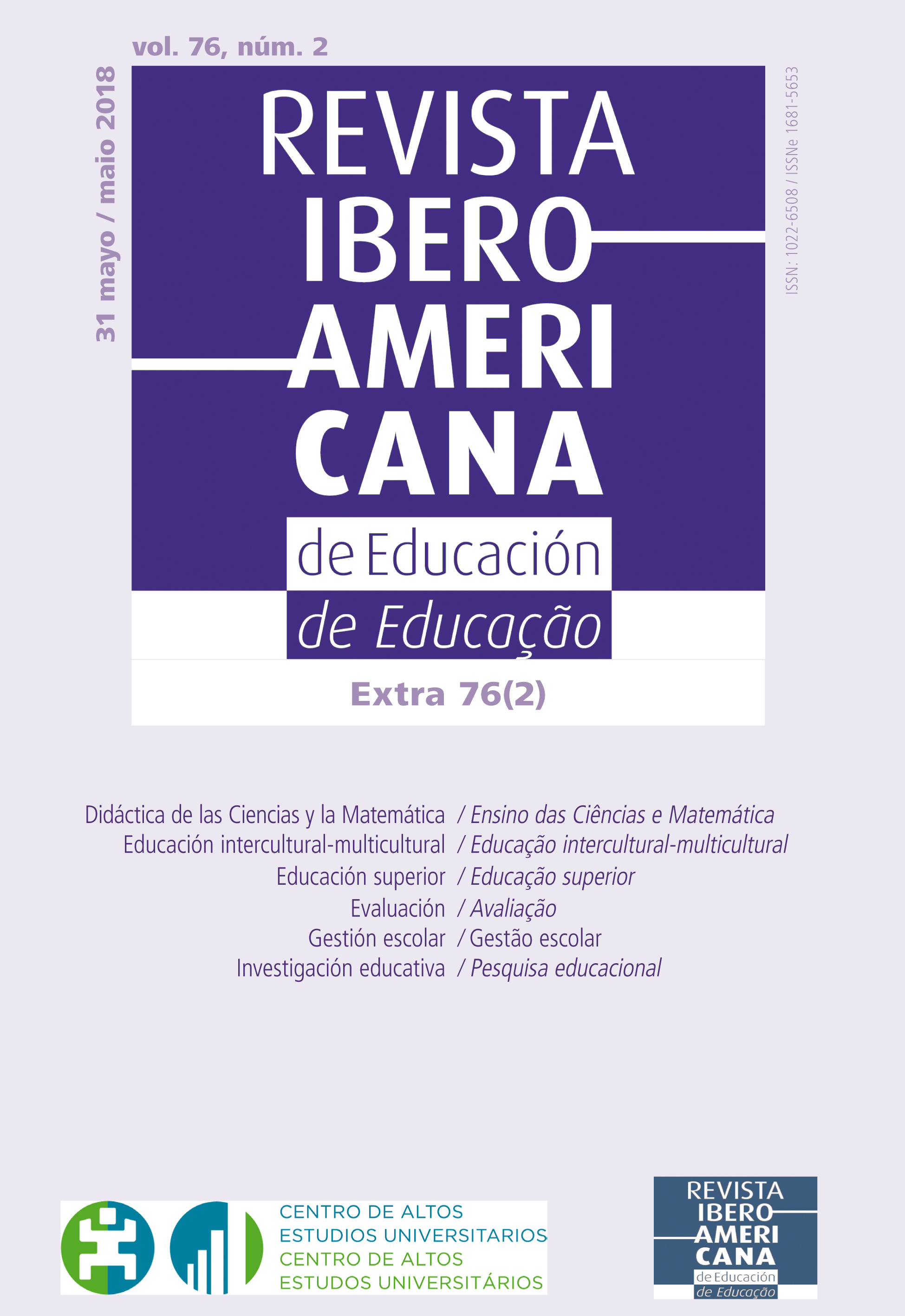Performance of non-conversational discourse in high school students
DOI:
https://doi.org/10.35362/rie7623041Keywords:
Teaching, learnig, speech, teenagerAbstract
Aim: To determine the differences in the non-conversational discourse among the students of 1st half belonging to educational establishments municipal, subsidized and private. Materials and method: Study of cross section. The study populations were students of 1st half, belonging to three educational establishments in the city of Temuco, Chile. Sampling non-probability, disposed of 48 teenagers. The variable of study was not conversational speech. The analysis of the data included statistics descriptive and analytical. Results: In the area of semantic skills, the participants of the municipal establishment obtained an average of 20, 19±3, 65, subsidized private establishment 20 students, 25±3, 87 and paid particular establishment 23 students, 13±4, 0. Regarding the method for evaluating speech averages were 45, 93±13, 15; 47, 31±15, 05 and 58, 46±12, 90 respectively. He was obtained significant statistical difference in the comparative analysis p < 0.005. Conclusions: The discursive management differs significantly among the students who belong to municipal educational establishment and individuals.
Downloads
References
Candela, A. (1999). Prácticas discursivas en el aula y calidad educativa. Revista Mexicana de Investigación Educativa, 4(8), 273-278
Calderón, E., y Tapia, M.(2016). Sistemas para el apoyo, seguimiento y evaluación de las competencias comunicativas. Revista Mexicana de Investigación Educativa, 21(69), 411-435.
Coloma, C.J., Pavez, M.M. (1999). El discurso no conversacional: conceptos básicos. (Doctoral), Universidad de Chile, Santiago de Chile. Retrieved from repositorio.uchile.cl
Cornejo, R. (2006). El experimento educativo chileno 20 años después: una mirada crítica a los logros y falencias del sistema escolar. Revista Iberoamericana sobre Calidad, Eficacia y Cambio en Educación, 4(1), 118-129
De Guevara, A. L. (2009). Introducción al discurso pedagógico. Horizontes Educacionales, 14(1), 51-63.
Hernández, C., Pabón C., y Prada, R.(2017). Skills Development and its Relationship with the Educational Context among Teachers of Natural Sciences. Revista virtual universidad catolica del norte, (51), 194-215.
Roso-Bas, F., Pades-Jiménez, A., & Ferrer-Pérez, V. (2017). Competencia comunicativa: Validación de una escala para evaluar la comunicación no verbal durante el discurso. Estudios sobre Educación, 32, 95-113.
Hernández, R., Fernández, C., & Baptista, P. (2010). Metodología de la Investigación. México D.F.: Mcgraw-HILL / Interamericana Editores, S.A. de C.V.
Bernstein, B., & Díaz, M. (1985). Hacia una teoría del discurso pedagógico. Revista colombiana de educación (15).
Martínez, L. (2004). Discurso y memoria de trabajo en niños con TEL. In Actas del XXIV Congreso de Logopedia, Foniatría y Audiología. Madrid. 199-209.
Ortiz, E.A., y Almeida, M.R. (2016). Las habilidades comunicativas no verbales en la formación inicial de los comunicadores profesionales. Pedagogía Universitaria 21(4), 1-15.
Pavez, M.M, Coloma, C.J., Maggiolo, M., Martínez, L. y Romero, L. (2002): Procedimientos para evaluar discurso. PREDI. Santiago de Chile: Ediciones Universidad Católica de Chile.
Villalta, M.A (2009). Análisis de la conversación: una propuesta para el estudio de la interacción didáctica en sala de clase. Estudios pedagógicos, 35(1), 221-238.
Van Dijk, T. (2002). El análisis crítico del discurso y el pensamiento social. Athenea Digital. Revista de pensamiento e investigación social, (1), 18-24
How to Cite
Downloads
Published
Issue
Section
License
Any authors who publish with this journal accept the following terms:















